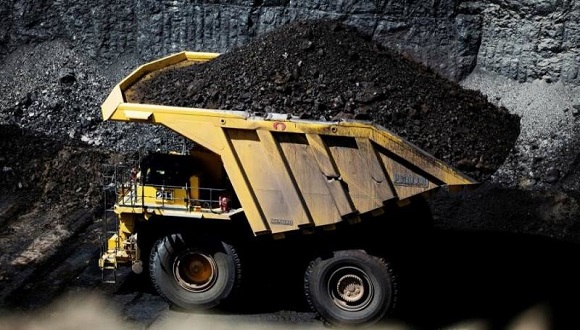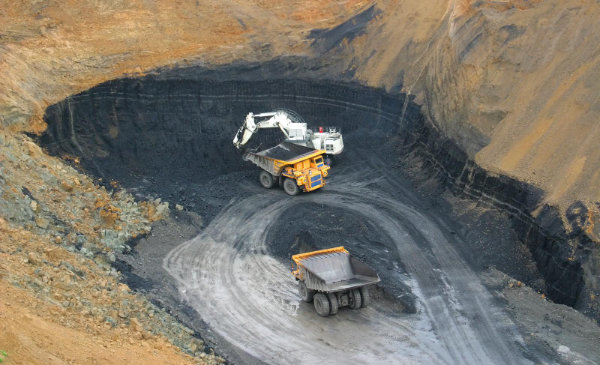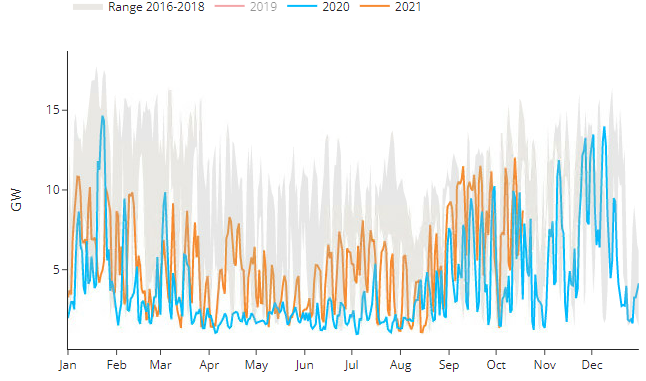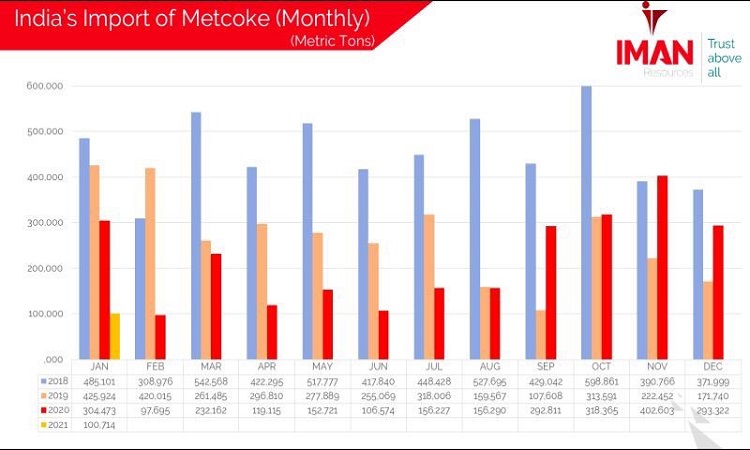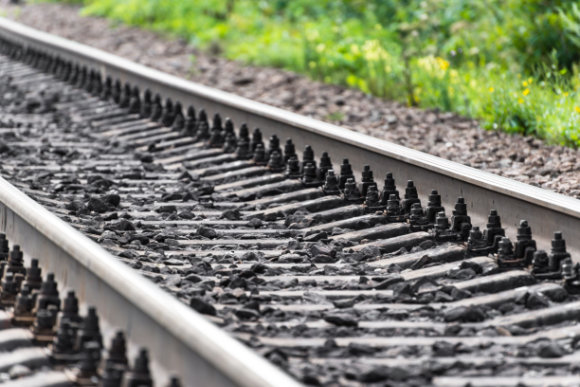
On May 21, 2021 during the government meeting, chaired by the First Deputy Prime Minister Andrey Belousov, seven infrastructure projects worth 4.9 trillion RUR (66.7 billion USD) were selected for co-financing by the National Wealth Fund (NWF).
If approved by the Prime Minister of Russia, these projects will receive 895 billion RUR (12.1 billion USD) from the NWF. One of the key infrastructure initiatives, chosen during the meeting, was the third stage of modernization of the Baikal-Amir Mainline (BAM) and the Trans-Siberian Railway (TSR). This project provides for the development of the Yakut cluster to ensure the increase in coal exports from Yakutia to the Far Eastern ports of Russia. In 2020, the companies, operating in Yakutia, exported 45.7 mio t of coal.
Total costs of the third stage of modernization with the construction of electrified tracks may reach 700 billion RUR (9.5 billion USD). Russian Railways (RZD) seeks to attract 25% of NWF’ s funds, allocated for the Yakut project, at a low interest rate. Under the statement of the company’s CEO Oleg Belozerov, the project is planned to be completed by 2026-2027.
The expansion of the railway capacities of the Russian Far East consists of three stages. The first stage provided for an increase in the carrying capacity to 144 mio t by 2021. The implementation of the second stage will grow the capacities up to 180 mio t per year until 2024. The Yakut cluster is the third stage of modernization of BAM and TSR railways, including the construction of the second line of railway tracks from Tynda station to the port of Vanino.
There are two large coal suppliers in Yakutia – Kolmar and Elgacoal. Both companies intend to enhance production volumes as well as the existing port capacities. A new coal terminal VaninoTransUgol (VTU), constructed by Kolmar’s subsidiary, assumes a gradual increase in coal handling capacity from current 12 mio t per year up to 24 mio t by 2022. Albert Avdolyan’s A-Property also plans to construct a coal terminal in the port of Vanino with annual capacity of 30 mio t by 2024 and build a washing plant at Elga with a processing capacity of 32 mio t at the first stage (end of 2021) and 45 mio t at the second stage (2023).
Source: CAA Analytics
